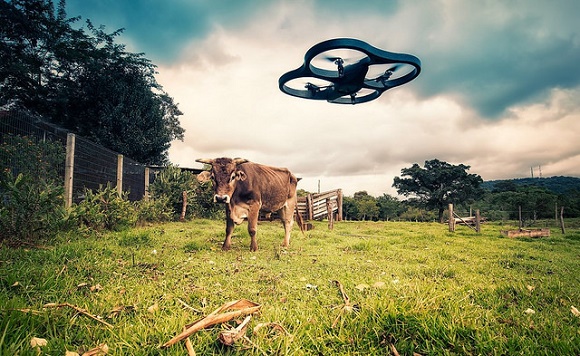
Last week, Access submitted comments [PDF] to the U.S. National Telecommunications and Information Administration (NTIA) to help guide the agency in developing policy governing the use of drone technology. We focus on the human rights concerns that the use of drones entail if they are used to deliver internet services.
The privacy issues are complex. As we point out in our comments, never before has an internet service provider been able to connect the provision of service to a device that could also be used to conduct persistent and invasive physical surveillance using cameras and other sensors. Use of drone technology removes ones of the biggest impediments to commercial involvement in the ISP market: investment in infrastructure. As we look ahead to their deployment, especially in areas around the world that have previously been unserved or underserved, we need to consider issues such as “zero rated” services and Net Neutrality, in addition to concerns about privacy. Will drones deliver non-discriminatory access to the open internet?
There is also the critical issue of law enforcement access to information collected via commercial drones. Government agencies, like the U.S. Federal Bureau of Investigation (FBI), have shown that they believe that sensitive information — like location data — can be accessed with minimal legal protections. Access highlights that fact that these interpretations hurt users in ways that could be exacerbated by drones.
Finally, if drones are to provide internet service in disaster relief and emergency response situations, what is the right regulatory framework for their use? Will we apply common carriage obligations per the U.S. Federal Communications Commission’s (FCC) recently passed Open Internet Rules?
We hope the NTIA will take all of these issues into consideration as it develops policy for the use of drones, and protects the rights of users in the U.S. and across the globe.
Credit: photo credit: Lima Pix
